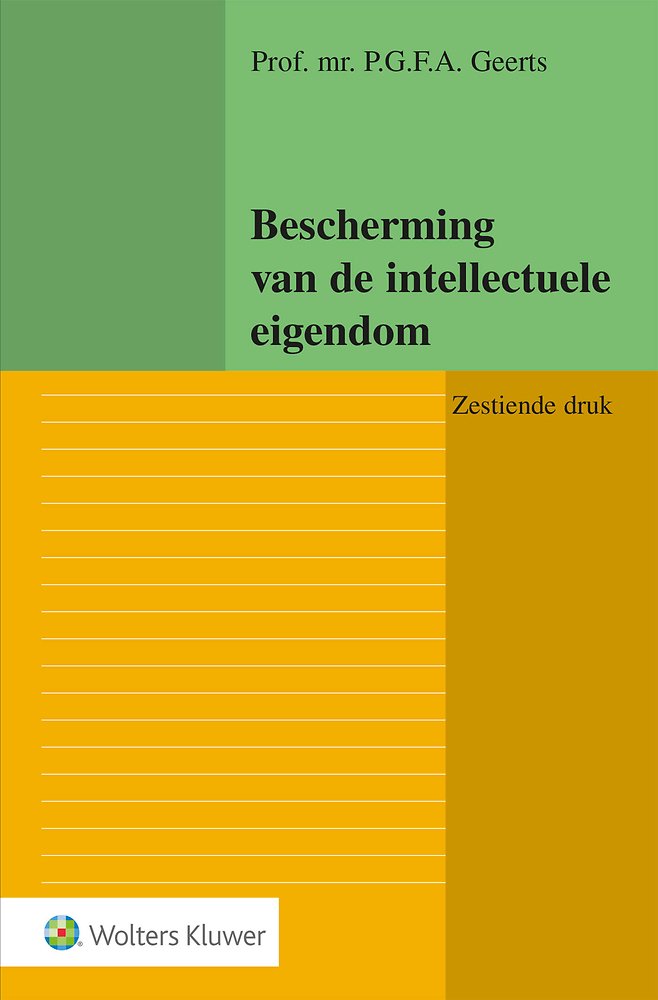
Intellectuele eigendom en ict-recht
Tieme Woldman
Gids voor het toepassen van de EU AI-wet
De AI Act is een verordening met risicocategorieën voor AI, bepalingen per risicocategorie en verplichtingen die afhangen van de rol van degene die de AI toepast.
29,99
De AI Act is een verordening met risicocategorieën voor AI, bepalingen per risicocategorie en verplichtingen die afhangen van de rol van degene die de AI toepast.
